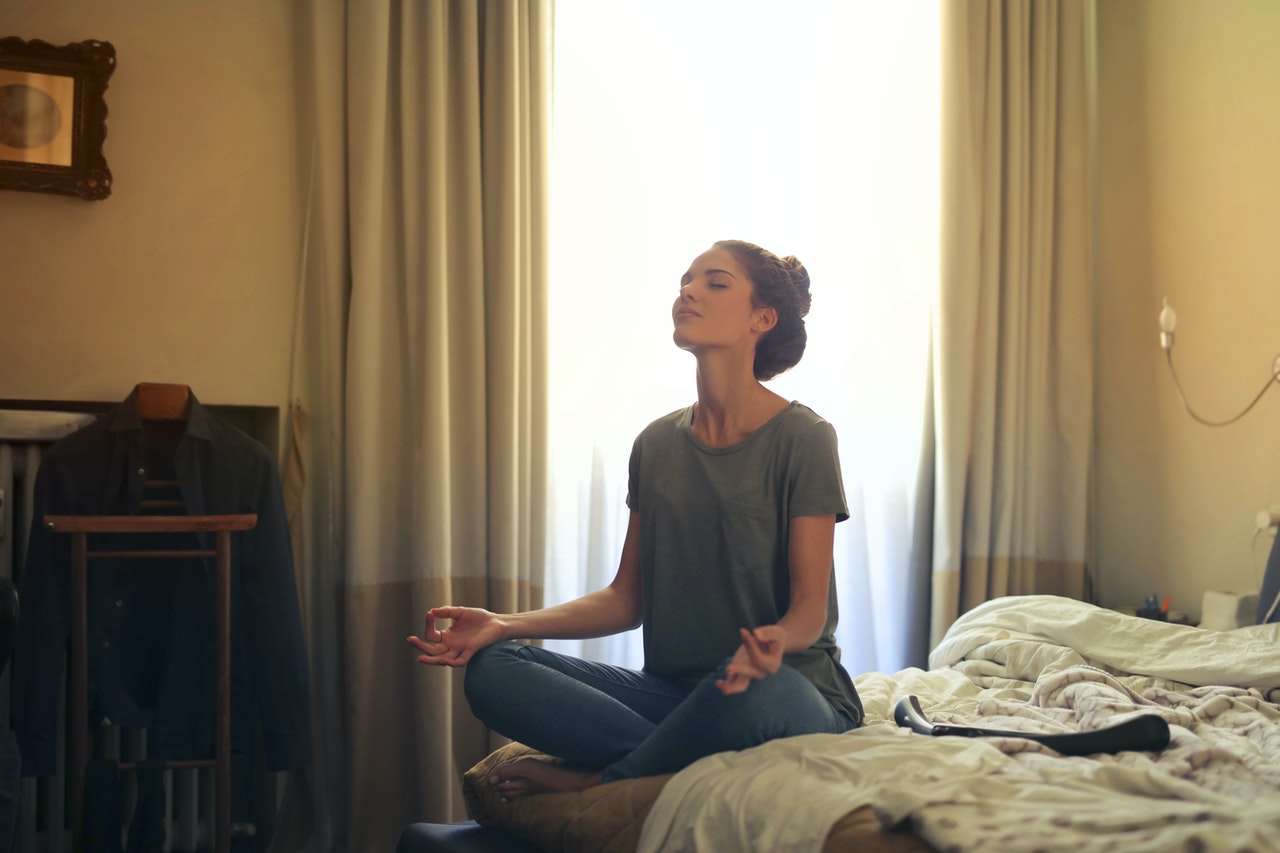
Struggling to Fall Asleep? Here Are Some Things to Consider
Struggling to Fall Asleep? Here Are Some Things to Consider By: Jessica Taylor, LPC Determine whether there are any underlying mental health issues. Are you struggling to fall asleep because you are experiencing excessive worry about the next day? Or maybe you are experiencing physical symptoms such as a racing heartbeat, chest pains, or stomach aches. Another common reason people wake up in the middle of the night is because they have frequent nightmares that get their adrenaline rushing and make it difficult to fall back asleep. If you think that you might be experiencing symptoms of anxiety or panic, see a therapist. They will be able to diagnose any underlying mental health issues that are impeding your sleep, as well as give you coping skills to help reduce these negative symptoms and improve your functioning. Have realistic expectations. If you have struggled with getting good sleep since childhood, it is not likely that you are now going to become a great sleeper (not impossible, but not likely). But that does not mean that there are not improvements to be made. Just be sure that the goals you set for improving the quality and quantity of sleep are realistic. For example: Liz has always struggled to get her body to sleep more than 6 hours. As soon as her body begins to wake up and the sun is out, she starts having thoughts about what she needs to get done that day, which prevent her from falling back asleep—even if her alarm isn’t set to go off for three more hours. But while tracking her sleep patterns, Liz noticed that if she gets herself in bed earlier at night, and writes her “to-do” list for the next day before she falls asleep, she can usually get at least an hour more of good quality sleep. Assess for possible impact of substance use on your sleep. Make sure that you are not drinking caffeine past a certain time (two p.m. is usually a good cut off). Don’t have a big meal too close to bed, as this can create some physical discomfort that might prevent you from sleeping. If getting up to go to the bathroom in the middle of the night is barrier to good sleep, decrease all fluids a few hours leading up to bed. Alcohol and certain drugs are a depressant, which means they might make you feel sleepy and even ‘help’ you fall asleep, but what they are doing is sedating you. If you are going to bed sedated, you are likely not going into the deepest and most important phase of sleep: the REM cycle. That means that you could be asleep for nine hours and still wake up feeling groggy. Take an honest look at your screen time. Shoot for no screens (TV, phone, computer, tablet) at least an hour before bed. Some people have trained their brains to need something, such as a TV, on in the background while they fall asleep. This background noise might can also prevent you from reaching the REM cycle. Try reading or listening to a guided meditation instead. Create good habits. During the day: try your hardest to get as much physical movement in your daily routine. Don’t spend time in your bed throughout the day; wait until bedtime. Also, no naps! At night: Start winding down at least one hour before you want to fall asleep. Try things that help calm your body and brain down such as taking a warm shower or writing three things that you accomplished that day. Maintain a healthy nighttime routine. Don’t expect all of these things to be helpful on the first go around. But once you find a healthy nighttime routine, do those things consistently, even if it at first does not seem as though they are helping. Try not to stress. I know that this one is easier said than done. But if you are consistently doing the things discussed above and continue to struggle with falling or staying asleep, try to avoid catastrophizing. Instead of looking at the clock every half hour and counting down how little time you have to fall asleep before you need to get up for work, tell yourself something like: “The worst that is going to happen is that I am going to be tired tomorrow. That will not be an enjoyable experience, but I will get through the day and then possibly sleep better that night.”
